Tuesday 4th July, 2017
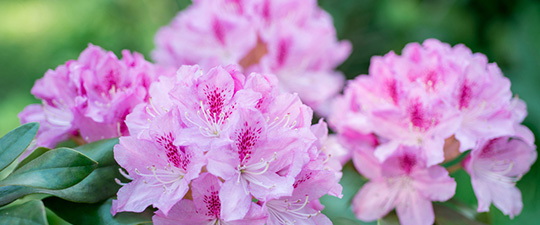
Horses hit the headlines in a very different way this week when an equestrian themed garden took the prestigious people’s award at the Chelsea Flower Show. Summer is certainly a time where we enjoy the flora and fauna around us, and the likes of the Chelsea Flower Show may inspire you to create your own little floral tribute to brighten your yard. With the best will in the world, there is a high likelihood that your beautiful borders will be nibbled by inquisitive and peckish ponies. Before you design your displays or plant your privets, you need to make sure they are safe for use in stables, so here is a list of poisonous plants to avoid.
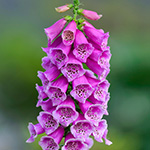
These pretty tall flowers are popular in gardens across the UK, however just 100g of this plant can prove fatal to horses. Although they generally avoid eating the foxglove flower, a hungry or inquisitive horse may be tempted, and symptoms of poisoning include, contracted pupils, convulsions, breathing difficulties and death within a few hours.
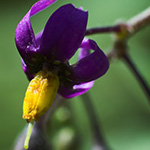
Another attractive plant, the purple petals add colour to any border, yet it can cause unconsciousness, dilation of the pupils and convulsions in equines.
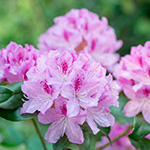 Rhododendron
RhododendronThis leafy bush is famous for its stunning blooms, yet only minute quantities of this toxic plant can cause respiratory system failure and death. Be sure to avoid this in your borders at all costs.
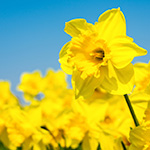
The humble daffodil is common spring flower, and although rarely seen in summer its effects are equally worth mentioning. The plant is toxic to horses, with the daffodil root being especially fatal. Fortunately, they are not palatable to horses and so are rarely eaten, but even so, do not use these bulbs in your borders.
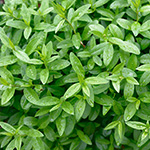
Perhaps the most common plant used for hedging, privet is often the plant of choice near to yard entrances for privacy. However, privet is very dangerous to horses, with Box privet being the most toxic, and ingesting just tiny quantities can have fatal consequences.
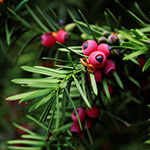
A bright flowering tree seen across the country, Yew leaves and berries are incredibly toxic, whether eaten fresh of fallen from tree. 500g can kill even the healthiest horse, as he falls into a coma like state, so be sure not to use or allow access to this plant in or around your stables and fields.
To keep your horses safe, first and foremost, ensure that they are in secure, purpose built stables to prevent escape. Do not use hanging baskets or plant borders near to grooming areas or outside stables where horses are likely to be tied up and could be tempted. Provide plenty of fresh food/forage to reduce the likelihood of horses looking for other sources of food.